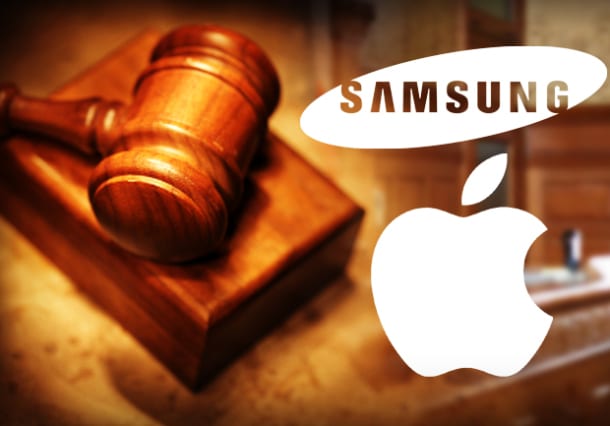Samsung Electronics (KRX:005930) filed a petition asking the United States Supreme Court to toss the award granted to Apple Inc. (NASDAQ:AAPL) in a patent infringement case.
The U.S. Court of Appeals Federal Circuit ordered the South Korean electronics company to pay $548 million in damages in a patent infringement case in California. A jury in the U.S. District Court of California found that Samsung infringed the designs and utility patents of Apple and diluted its trade dresses.
The jury awarded Apple $930 million in damages, but the Court of Appeals vacated the damages related to trade dress dilution therefore reducing the award to $548million.
Samsung challenged the $399 million in damages from the $548 million because the award included all of its profits from infringing products. The South Korean electronics company argued that the patented designs were only minor features of the infringing products. The Court of Appeals rejected Samsung’s argument.
Samsung asks Supreme Court to consider the scope of design patents
In a petition submitted on Monday, Samsung asked the Supreme Court to consider the scope of design patent in calculating the damages awarded to Apple.
Samsung argued, “A patented design might be the essential feature of a spoon or rug. But the same is not true of smartphones, which contain countless other features that give them remarkable functionality wholly unrelated to their design.”
“Even if the patented features contributed 1% of the value of Samsung’s phones, Apple gets 100% of Samsung’s profits,” according to Samsung.
Samsung pointed out that the patented designs of Apple are little more than rounded edges and the layout of icons.
Apple said iPhone’s looks is a major factor to its success
On the other hand, Apple argued that the look of the iPhone is a major factor in its success, and its patented designs are unique.
“We value originality and innovation and pour our lives into making the best products on Earth. We make these products to delight our customers, not for our competitors to flagrantly copy,” said Rachel Wolf Tulley, a spokeswoman for Apple said. “
The South Korean electronics company is also challenging the infringement analysis in the case. Samsung emphasized that the jury was improperly allowed to consider even the unprotected aspects of the iPhone in the determining whether it violated the patented features.
Observers in the industry commented that it would be the first time for the Supreme Court to review the law regarding design patents since the 1890s if it decides to hear Samsung’s petition. The Supreme Court is expected to decide whether to take up the case or not early next year.









